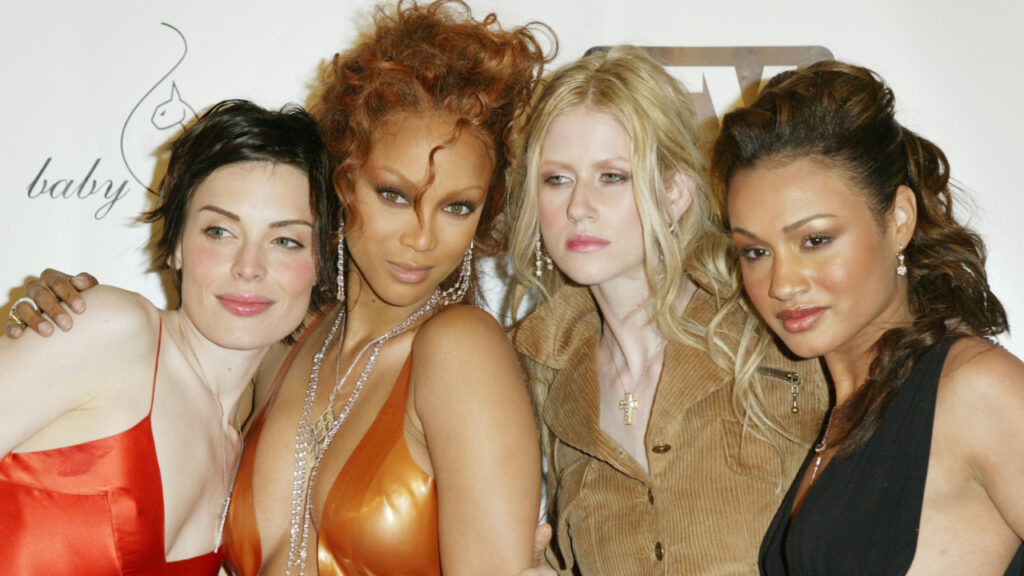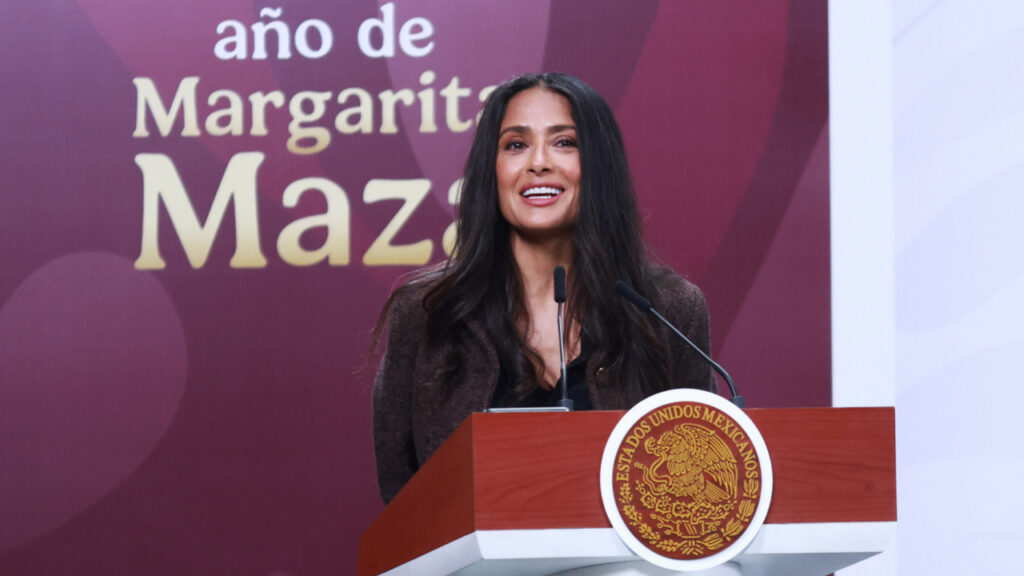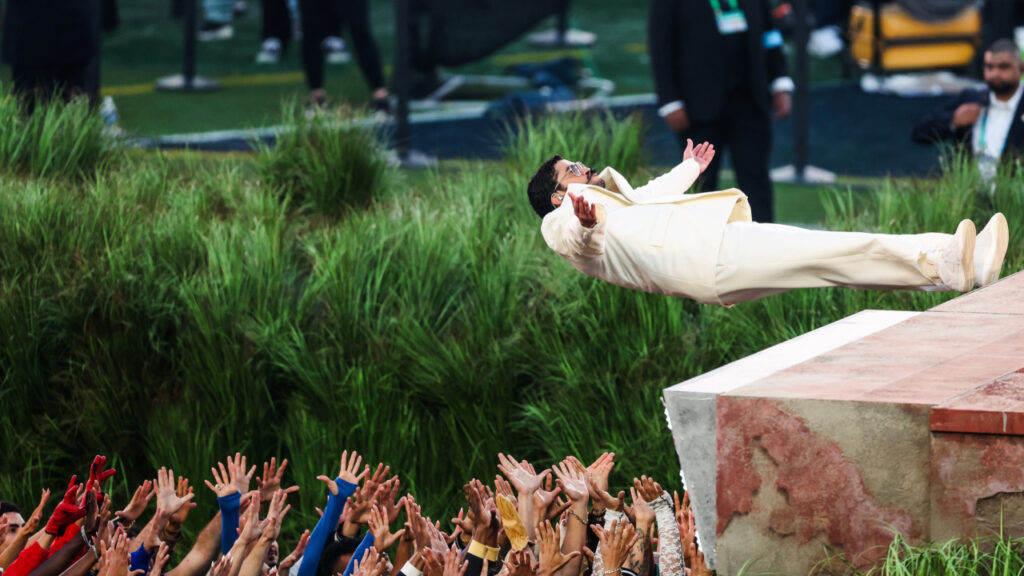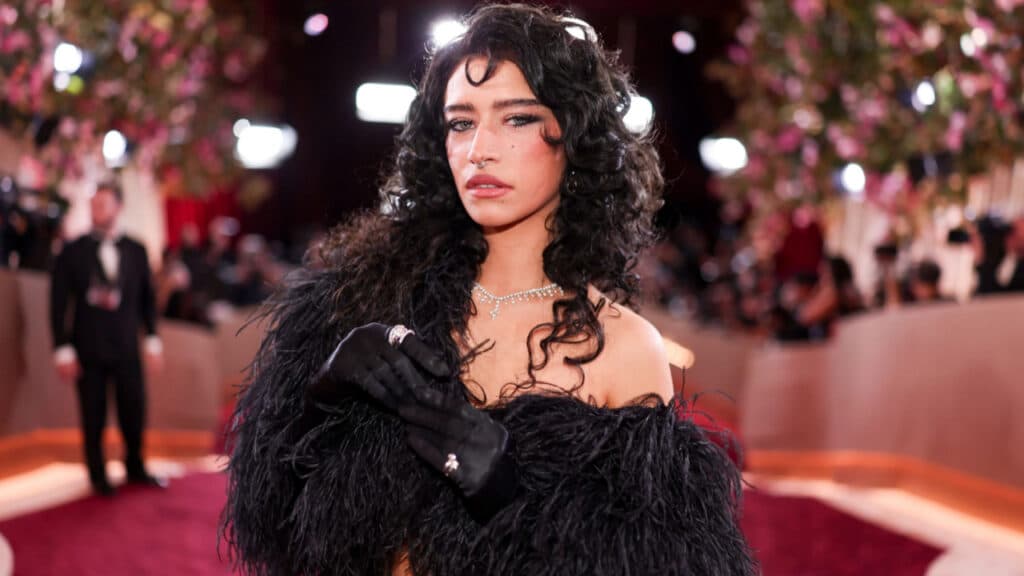
She Changed the Game—Now Karol G’s Netflix Doc Shows What It Cost to Be La Bichota
Karol G’s new Netflix documentary Tomorrow Was Beautiful is exactly the kind of project you expect from an artist who has built a global empire on the promise of vulnerability and power existing side by side. Directed by Cristina Costantini (Mucho, Mucho Amor), the film is a behind-the-scenes look at Karol’s record-breaking Manaña Será Bonito tour—but more than that, it’s a portrait of a woman who had to fight through misogyny, trauma, and heartbreak just to be herself.
Karol G’s origin story isn’t filtered for the cameras
The documentary opens with footage of Karol G at the height of her fame, but quickly moves into darker territory. Karol shares the story of a former manager who sexually harassed her when she was just 16. The incident broke her trust so deeply that she quit music and moved to New York, without telling her parents the real reason. She eventually sought therapy and returned to her dream, but the experience left a permanent mark.
“You are putting me in a situation in which you’re using my hopes and dreams and putting this condition on achieving them,” Karol says in the film. It took her family going into debt to help her break the contract and reclaim her future.
Love and heartbreak shaped her music
While much of Tomorrow Was Beautiful centers on her tour, it also dives into her emotional recovery post-breakup with Puerto Rican rapper Anuel AA. “Love can make you feel like the happiest person on Earth, but at the same time it can destroy you,” Karol admits in the film. Her 2023 album Manaña Será Bonito became a cathartic release, filled with lyrics that resonated with fans who were grieving their own heartbreaks.
Then, something shifted. On tour, she fell in love again—this time with fellow Colombian artist Feid. In fact, she credits him with inspiring new love songs and describes him as “a really special soul.”
Karol G never felt the need to hide the pain
The documentary doesn’t try to make her journey seem perfect. There are scenes where Karol openly cries, expresses frustration, and admits to feeling lost. As she told Harper’s Bazaar, she wanted to show the ups and downs of being a woman in music, and that “it’s normal to have those moments of low self-esteem.”
Director Cristina Costantini told the LA Times she wasn’t interested in making a “filtered highlight reel.” Instead, she wanted to show who Karol G really is—someone who broke the mold of what a global pop star should be.
Being a woman in reggaetón wasn’t just hard—it was lonely
“There weren’t a lot of women,” Karol says in the doc, speaking on her early career. “The fact of just being a woman was an extremely huge disadvantage for my career.” She remembers her team warning her not to name her song Bichota, calling it too controversial. She pushed back.
“I’m taking the risk,” she told them. The risk paid off. The song became an anthem. And the word, once used to describe a drug boss, is now synonymous with female power.
Karol G survived moments that could have broken her
Furthermore, the documentary includes a harrowing moment from 2024: a private plane carrying Karol, her parents, sister, and niece filled with smoke and made an emergency landing. The family called loved ones, unsure if they’d survive. Karol also shares her own thoughts about mortality: “I have a feeling I’m going to die young, so dying doesn’t really scare me.”
Despite the fear and trauma, she insists on living boldly. “If I die, I want people to hear my music,” she tells her producer.
‘Tomorrow Was Beautiful’ is a love letter to authenticity
Throughout the film, Karol returns to a central truth: she didn’t need to become anyone else to succeed. The girl from Medellín who was inspired by Selena and carried onstage by her father didn’t need to change her language, image, or message.
“Please, be you,” she told The View. “You have to be you—authentic. Believe in your dreams.”
And that’s exactly what Tomorrow Was Beautiful offers: a clear-eyed, emotional reminder that becoming La Bichota wasn’t about a brand. It was about survival.




